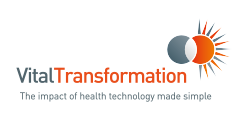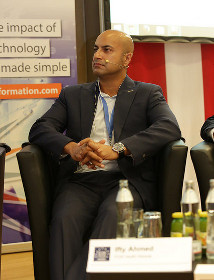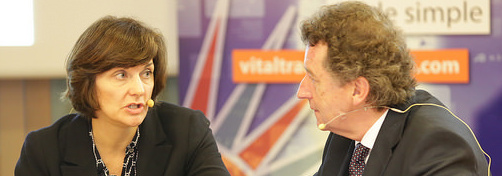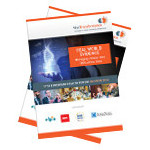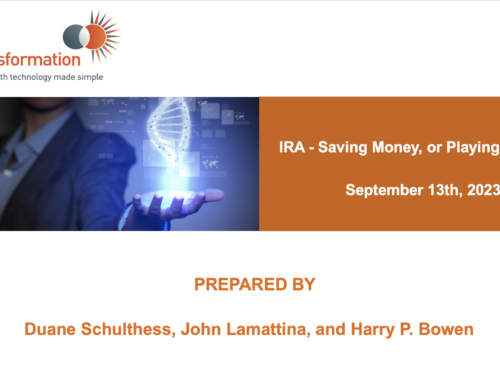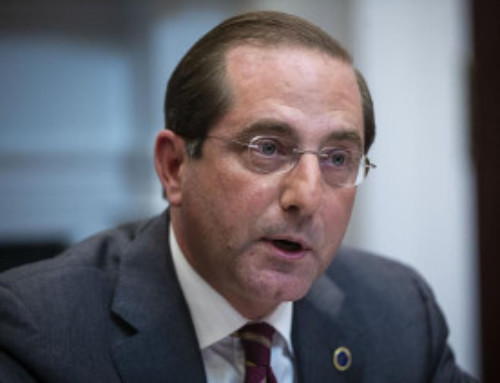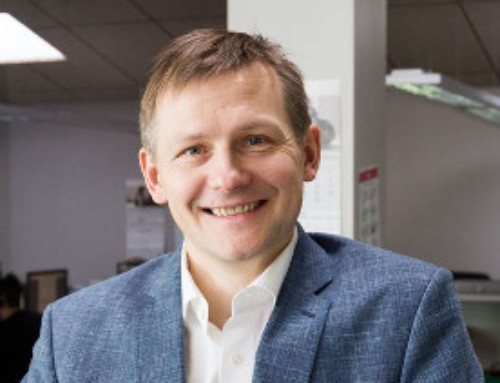Report from : Enabling Technologies for Better Patient Outcomes workshop at the European Health Forum Gastein
GASTEIN, AUSTRIA, 1 October 2014 – Medicines developed in clinical trials under controlled circumstances may perform differently in patients in the real world. To a large extent this is because clinical trial protocols exclude relevant groups, for example, the over 60s, those taking other drugs, people with co-morbidities.
Technologies now exist for capturing and analysing real world data that reflect real world responses and experiences of patients, to bridge this divide. However, there is much to be done at a policy and at a practical level to pull the strands together and harness real world data to boost health and increase the sustainability of Europe’s healthcare systems.
A session at the European Health Forum 2014 – Europe’s leading healthcare conference – brought together some of the leading policymakers to exchange views and discuss examples of best practice from projects and live implementations that are lighting the way in the use of real world data to improve healthcare.
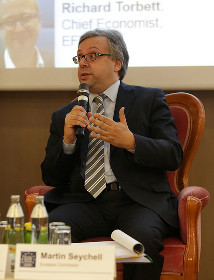
Martin Seychell – Health and Consumers’ Directorate General (DG SANCO)
Martin Seychell, Deputy Director General in the Health and Consumers’ Directorate General (DG Sanco) and other leading policy professionals agreed it is critical for the incoming European Commission to create the environment for real world and big data to come into mainstream use.
“The next five years are absolutely crucial. The key challenge is to optimise healthcare systems,” Seychell said. Currently there is a time-lag between when the evidence is gathered and when a decision is taken. “We can’t afford to keep doing it like this,” Seychell told delegates. “We need to capture data and make the best use of it.”
While there are multiple sources of real world data relating to health, one of the fastest-growing and most potent is data gathered by individuals on mobile phones and other internet-linked mobile devices.
But mHealth apps also raise significant issues of data protection, patient safety, liability and the need for international standards. “There is a lot of hype, but what are the real possibilities?” said Peteris Zilgalvis, Head of Unit, Health and Well-Being, DG Connect. The European Commission is currently assessing responses to an open consultation on mHealth and will publish its findings in November 2014. “There are problems and we hope to solve these with colleagues,” Zilgalvis said.
mHealth is a key component of improving healthcare as whole, believes Nathalie Kayadjanian, Senior Scientific Officer, Science Europe. The real world data setting makes it possible to capture information on other dimensions of a patient’s experience that cannot be gathered in clinical trials. “This is important because complex diseases cannot be explained with one dimension. You need to integrate biology with the environment in which a human being is living,” Kayadjanian said.
mHealth creates the opportunity to collect data, but there are challenges to its effective use. These include dealing with the volume of data; avoiding spurious correlations; knowing how to interpret data; and at a policy level developing a supportive ecosystem, Kayadjanian noted.
Real world data is important for research into new medicines, but also has huge potential to help in making the best use of existing drugs, assisting in issues such as compliance and managing co-morbidities, said Mary Baker, ¬Former President of the European Brain Council and a Board Member of the European Alliance for Personalised Medicine.
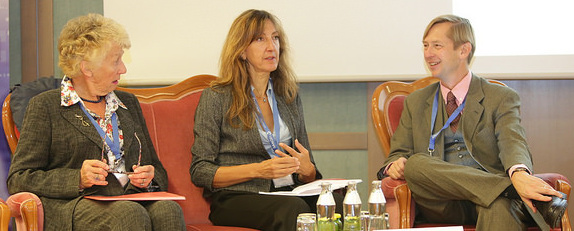
Mary Baker – Former President European Brain Council / Nathalie Kayadjanian – Science Europe / Peteris Zilgalvis – Health and Well-Being, DG Connect
“There’s a real need to invest in data collection and work on it to understand the inefficiencies of
Richard Torbett, Chief Economist of the European Federation of Pharmaceutical Industries and Associations, said that by enabling value-based judgements, real world data will make healthcare systems more efficient. It will also help in the development of better-targeted therapies.
In addition, adaptive licensing, in which a medicine is licensed for a small patient population and the approval extended to more patients on the basis of real world data, calls for a new approach to clinical trials. “For the pharmaceutical industry, real world data are a source of scientific and cultural change,” Torbett said.
How is Europe doing in mHealth?
The context was set by Wendy Currie, Professor of Information Systems at Audencia Nantes University in France, who has been following the adoption of mHealth across Europe since 2009.
Her analysis points to four clusters of countries – front runners, followers, leapfroggers and laggards. “Throughout Europe there are digital divides, and politicians need to look at where to put taxpayers’ money to develop mHealth and eHealth,” Currie told delegates.
At present, the market for mHealth is commoditised, with lots of free and low-cost apps that are being downloaded but not being used, and not providing quality, Currie said, noting that while there are estimated to be 100,000 health, lifestyle and wellbeing apps, only 100 have US Food and Drug Administration endorsement.
Showcasing Best Practice in Data Capture and Usage
Brian Rothman, Medical Director of Informatics at Vanderbilt University Medical Center described a system that is currently up and running and capturing real time data at the Center. Here, a desktop computer application for monitoring patients in the operating room has been ported to a smartphone and tablet platform, increasing the usefulness and flexibility of what was already acknowledged to be an important tool in protecting patient safety.
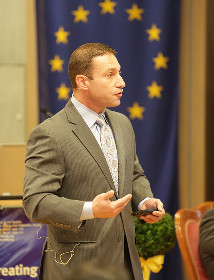
Brian Rothman – Vanderbilt University
Rothman told delegates, this provides anaesthesiologists with the full ‘situational awareness’ that they lack unless they are face-to-face with a patient. The system delivers real life data on vital signs of patients under anaesthesia. It also streams a live video of the operating room. “You can be in the moment and define the next steps,” Rothman said. “I’m in one operating room now, which operating room am I required in next?”
The goal is to improve outcomes by the proactive identification of any emerging problems, providing the opportunity to mitigate or eliminate an emerging deleterious event. This is not changing the standard of care or the level of direct human supervision.
Ifty Ahmed, founder and CEO of POW Health, described how in common with a number of mHealth start-ups, POW Health has taken the model of popular social media sites such as Facebook, as the basis of services that are both consumer-focussed in providing access to medical information and allowing patients to share experiences with others with the same conditions, but also bring mHealth within the ambit of formal healthcare systems, allowing users to monitor their health through connected devices, to interact with their doctors and to provide consent for their data to be used for research.
John Crawford, Healthcare Industry Leader, IBM Europe, discussed how to take all the data coming from the real world and tied up in medical records and sources such as medical images and the scientific literature, and apply analytics to interpret it. ¬
IBM’s Watson system has the capability to digest and interpret vast amounts of unstructured data. It can, for example, read scientific journals, using the information to create and then test hypotheses, learning as it goes.
Watson can also be used to predict events and take action beforehand. For example, by analysing the outputs of devices monitoring premature babies, it is possible to anticipate an infection before it has taken hold and the physical symptoms are manifest.
Watson is currently under test in a number of healthcare settings. “The feedback we are getting is that it augments the experience of doctors,” Crawford said.
***
For more on the examples above and other examples of live implementations of real world data in healthcare, download the report here:
This session was organised in partnership with:
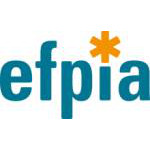 |
 |
 |
